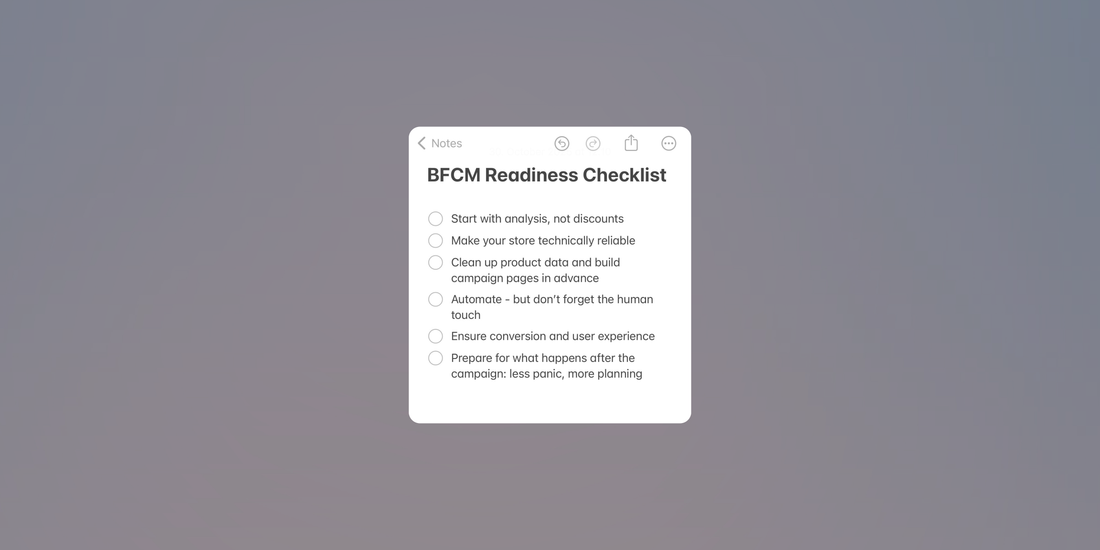When it comes to selling home decor products online, it’s important to choose the right website platform that supports your business growth and customer experience. Shopify stands out as a platform that’s especially suited to selling home decor products, thanks to its flexibility and extensive customization options. Shopify is known for its user-friendly interface, which makes it easy for both beginners and experienced online merchants to manage their business.
Shopify allows you to create a visually appealing online store that showcases your home decor products in the best possible way. The platform supports a wide range of design themes and add-ons that allow you to customize your store to suit your brand, making it an attractive option, especially for brands that want to stand out from their competitors through their visual identity.
Additionally, Shopify offers powerful tools for inventory management, order processing, and customer service, making it a complete solution for running an online store. The scalability of the platform is also a significant advantage, as it allows your business to grow without having to switch platforms in the event of major changes.
How does the choice of platform affect the success of an online store?
Choosing the right website platform can make a big difference in the success of your online store. A platform that provides a good user experience can improve customer satisfaction and increase sales. Platforms like Shopify make it easy to create a seamless and intuitive shopping experience, which can increase conversions and customer loyalty.
Your choice of website platform also impacts your brand building. A visually appealing and technically sound platform can help you create a strong and distinctive presence for your brand in the digital marketplace. This can help you attract and engage customers more effectively than your competitors who haven’t invested as much in platform solutions.
Additionally, your choice of platform will affect how well you can leverage digital marketing strategies, such as email marketing, social media campaigns, and search engine advertising. A platform that easily integrates with different marketing channels can improve the effectiveness of your campaigns and drive more traffic to your online store.
What are the most popular website platforms for interior design products?
There are several popular website platforms available for selling interior design products, such as Shopify, WooCommerce, and Magento. Each of these has its own strengths and weaknesses that should be considered when choosing a platform.
Shopify is known for its ease of use and wide range of applications, making it especially popular with small and medium-sized businesses looking for a quick and easy way to set up an online store.
How does the choice of website platform affect search engine optimization?
Your website platform plays a significant role in search engine optimization (SEO). Technical features of your platform, such as site loading speed, mobile-friendliness, and URL structures, can directly affect how your website ranks in search results. Shopify offers many built-in SEO tools to help you improve your search engine visibility.
A well-designed website platform also allows for easy content management and optimization. This is important because quality content is one of the key factors that affect search engine rankings. Shopify makes it easy to add and edit content for your online store, helping you stay ahead of your competitors in search engines.
Additionally, the analytics tools offered by the platform can help you monitor your website’s performance and make necessary changes to improve search engine visibility, making the Shopify platform an attractive option for those looking to effectively optimize their online store for search engines.
What are the costs involved in choosing a website platform?
There are several costs involved in choosing a website platform that you should consider before making a decision. The primary consideration when choosing a platform is the development and maintenance costs, which can vary depending on the features the platform offers and the add-ons required.
Shopify offers clear pricing plans that include most of the features you need to run an online store. This makes it easier to predict costs, but it's important to consider any additional costs, such as paid apps and extensions, that you may need as your business grows.
It’s also important to consider potential hidden costs, such as transaction fees and payment service costs, which can make up a significant portion of your overall budget. Understanding these costs will help you make an informed decision that supports the long-term success of your business.




